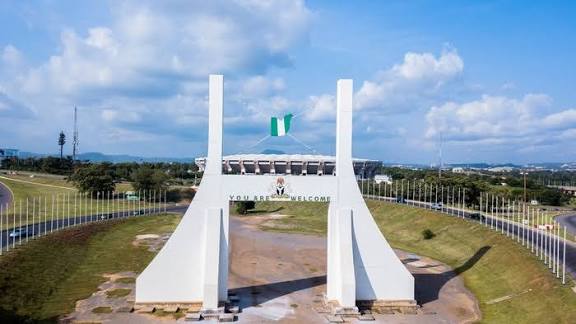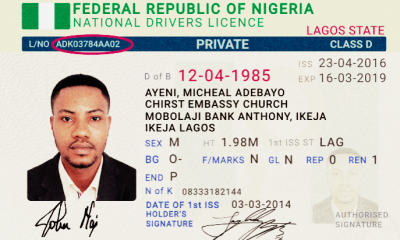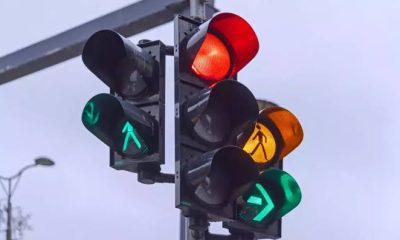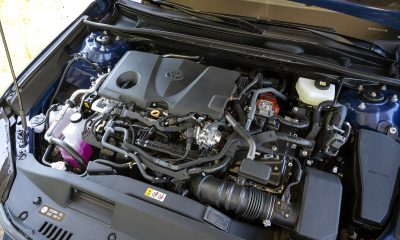Travel Tips
The Growing Menace of Touts on Abuja Roads: Risks for Innocent Drivers

Abuja, Nigeria’s federal capital, is often portrayed as a symbol of order, modernity, and national pride. Yet, behind its wide expressways, new road networks, and the ever-expanding city limits, a growing menace lurks in plain sight road touts.
Also Read: Enjoyment in Abuja as Truck carrying bottle drinks falls
Increasingly, these self-styled “enforcers” and “taskforce agents” are becoming an everyday nightmare for innocent road users, bringing with them chaos, intimidation, extortion, and even deadly consequences.
Who Are Abuja Road Touts?
In Abuja, touts are often seen loitering at key intersections, bus stops, and commercial areas. Some are young men hired by illegal transport unions; others claim to be affiliated with local councils or “taskforce” groups but operate without official backing. Their primary targets are commercial bus drivers, taxi operators, and okada riders but private motorists are not spared.
With little to no regulation, these touts wield unchecked power: stopping vehicles, demanding arbitrary “levies,” and using force or intimidation when challenged.
The Daily Harassment of Road Users
For innocent drivers and commuters, encountering touts on Abuja roads is more than just an inconvenience, it’s a risk. Common experiences include:
- Extortion: Motorists are forced to pay illegal fines for alleged traffic infractions.
- Violence: Refusal to comply can lead to physical assault or damage to vehicles.
- Obstruction: Touts block roads during disputes, causing gridlocks and endangering commuters.
- Fear: Many road users avoid certain routes altogether, sacrificing convenience for safety.
One driver described the ordeal:
“They pounced on my car, shattered my side mirror, and demanded money for a violation I never committed. I had no choice but to pay.”
Legal Implications and Grey Areas
The troubling rise of touts highlights Nigeria’s broader challenges with law enforcement. Despite the presence of the Federal Road Safety Corps (FRSC), police, and the Vehicle Inspection Officers (VIOs), gaps in enforcement allow touts to thrive.
Even worse, some touts claim to work with government agencies, blurring the line between legality and outright lawlessness. For the average road user, distinguishing between a legitimate officer and an impostor becomes nearly impossible.
Economic and Social Consequences
The unchecked activities of touts have wider implications:
- Increased cost of transport: Drivers pass the burden of illegal levies onto commuters.
- Erosion of public trust: Citizens lose faith in law enforcement when touts operate openly.
- Security threats: Touts often double as petty criminals, heightening insecurity on Abuja’s roads.
- Strain on businesses: Transporters and delivery services avoid certain areas, disrupting commerce.
What Innocent Road Users Can Do
While systemic solutions lie in government hands, road users must also protect themselves:
- Stay Informed: Know your rights and the approved agencies responsible for traffic control.
- Avoid Confrontation: If harassed, prioritize safety over resistance escalate later through proper channels.
- Use Safe Routes: Stick to major highways and avoid notorious tout hotspots where possible.
- Document Incidents: Photos, videos, or eyewitness accounts can support complaints.
- Report Immediately: Abuja has designated hotlines for reporting illegal harassment, though enforcement remains inconsistent.
The Call for Urgent Action
If left unchecked, the rise of touts on Abuja’s roads threatens not only commuters’ safety but the credibility of the city itself as Nigeria’s capital. Stakeholders including the Federal Capital Territory Administration (FCTA), FRSC, and security agencies must urgently act to:
- Dismantle illegal taskforce groups.
- Launch public awareness campaigns.
- Provide clear identification for legitimate traffic officers.
- Prosecute offenders to deter future cases.
Without decisive action, Abuja risks becoming another chaotic transport hub where touts dictate the rules and innocent lives pay the price.





















